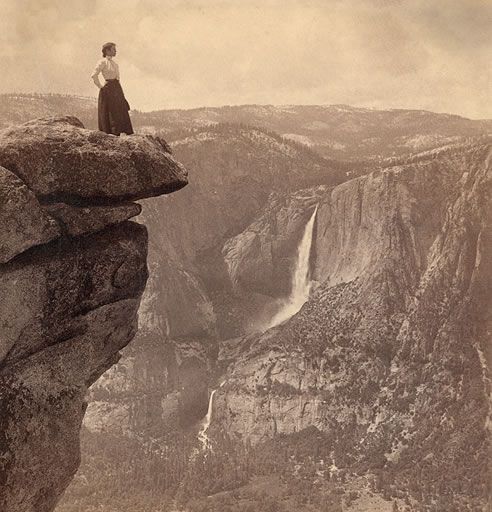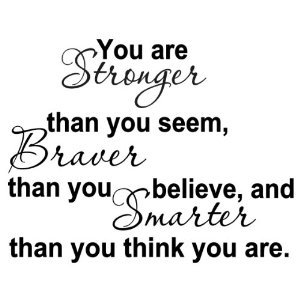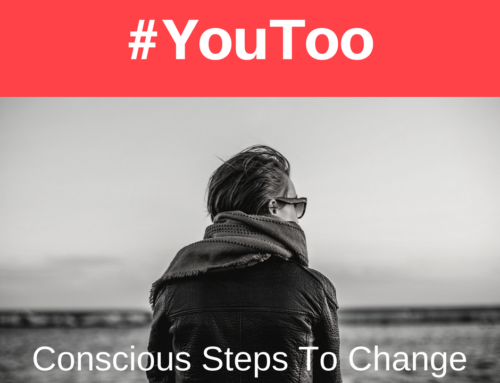I never thought of myself as a leader. I couldn’t make the jump across the chasm, in my own mind, from my place of self perception. My self image was very different to how others told me they saw me. There was no vaulting pole long enough to carry me that distance. So I simply did not believe them. I rejected the notion.These people, they pointed out to me that I had done something remarkable. In my mind, I had merely survived, doing the best that I could, falling down, getting up, fucking up substantially along the way, and I made a point of reminding myself of those fuck ups pretty regularly. I was nothing special, even though I had some grand ideas and outlandish notions about changing the world.
UNTIL… one day, I found myself working on something that made me take a long hard look at myself…
I run retreats. You may or may not know this. My deepest passion is working with women to recover their life and their love of themselves after experiencing abuse. The women who join us have experienced abuse in many forms during personal and family relationships. These women have chosen to make changes in their lives and have already made the gargantuan decision to leave those relationships.
My drive for this work comes from a deep place that I’m yet to fathom. It is not simply a purpose, as defined in the socially enterprising context of doing business. This drive is instinctual, it is at the very core of who I am. It is not JUST what I do.
So, during our retreats, I create a space for reflection, and I would like to share that space with you now, if you care to participate.
Sit in a comfortable spot, and maybe have a notebook and pen handy.
Let’s begin…
What makes a good LEADER?
Think about that word Leader. Think about the people who you consider to be leaders. Write down a list of names. They could be famous people, politicians (or maybe not lol), successful in business, arts and entertainment, the personal development industry, teaching, religious guidance, science or some other notable field. They may be in your family, your community, your school, your place of work.You may consider those in essential services to be leaders, the police, medical staff, SES or fire crews. Maybe military personnel, entrepreneurs, inventors and innovators, the list goes on.
The point is, it’s different for everyone, so dig into who YOU consider to be a leader, name them in a list, as many as you like, and let’s look at it.
Let’s look at the character traits of each of those leaders that you have named.
What special attributes do they have? In group during the retreat we would discuss this, we would come up with numerous characteristics that a leader would typically display. I would write them up on a white board and the list typically includes words such as:
Strong, dedicated, resilient, intelligent, focused, determined, out-of-the-box thinker, brave, wise, tenacious, confident, humble, discerning, solution oriented, empathetic, goal driven, kind, someone who feels the fear and does it anyway.
Now add your own perceptions of what traits a good leader possesses, and the behaviours they need to display in their role. Be as descriptive as you like. In fact, the more in depth the better. Dig into who that person is, and what are the traits that make them an effective leader, someone who people would respect and be confident in following their lead.
In the years that followed my leaving the abusive relationship I had been in, my sense of who I was was severely diminished. Actually, who was I? I really didn’t know. The 30 year old woman with that strong sense of independence, certainty about life and clear vision of the future, that naively expected that marriage would somehow bring completeness, was long gone. A decade later I was a shell.
I read and researched all the available data and articles on domestic violence, it’s long term effects and it’s prevalence in society. I came to realise that I was well and truly smack bang in the demographic of “victim”. There was no getting away from that. It was fact. My prospects were not good. My physical and mental health, my financial situation, my work potential, pretty much my entire future existence could be predicted according to the authorities on the subject, and the predictions were not good. “Victims” typically remain dependent on social services, government, the health system and extended family (if they remain connected with family).
In our retreats we ask “What is your perception of a victim?”
Again we get the typical responses in the group, but I would love to invite you to create another list. If your story includes the experience of domestic and family violence you can probably draw on your lived understanding of the dynamics involved. If you have been successful in leaving an abusive relationship think about how you think others may perceive you. Or how do you see women who have been abused, if you have not experienced abuse yourself?
Make your list of the character traits of someone who is perceived to be a victim.
So what are the “victim” traits?
We see descriptions like helpless, hopeless, weak, afraid, timid, indecisive, incapable, lacking confidence, inconsistent, unreliable, unstable, at the mercy of circumstance and with a sprinkling of comments like brave, deserving of admiration, deserving of pity or feeling sorry for.
Words are powerful. Words are invocations. They can shape your opinion of who someone is. Just by the use of one little word like “victim”. A word can also imprint on a person many or all of the associated traits, subconsciously worming their way into the psyche and feeding existing insecurities and vulnerabilities.
The night I left was a night of a spectrum of emotion. It was pivotal. It was catalytic. I took actions that I did not believe I was capable of, yet, I took them anyway. The ensuing weeks, months and years demanded that I keep on taking action, pushing boundaries and flying in the face of expectation, despite being scared, vulnerable and uncertain. I used to wonder how the hell I got through. How the hell I kept moving forward. But I did, all the while believing I was a victim, believing the most negative and diminishing untruths about who I was at my core and what I was capable of.
Until that day, doing my research, delving in and working on how I could help women to see just how extraordinary they are, I knew that women who have mustered the courage to leave abusive situations needed to see that they are remarkable. Then it hit me. I was saying “they”, but what I should have been saying was “we”.
So all of those powerful leadership traits, those words that describe capability, strength, determination, tenacity, wisdom, resilience, the words that people had used to describe me, but that I had so vehemently rejected, apply to all of us.
Leaving an abusive relationship demands you to become the leader in a dire situation, just like any human being who strides out to challenge the paradigm they are existing in. Everything about strong leadership applies when getting yourself out of a bad situation. To leave an abuser requires strength, it requires determination and resilience, because that abuser will not give up easily. It is well documented that the point that a woman leaves is the most dangerous and life threatening point. Leaving and leading require immense courage and demand the respect and acknowledgement of our wider communities. I cannot express enough the sense of admiration and pride I hold for these incredible women who take a stand for their own sake. Our own sake.
So lets go back. If you have taken on the label of “victim”, remember it is just that. A label. Peel it off and flick it in the bin. It does not belong to you, it does not describe or define you, it does not predict who you are to become. That is a choice for you to make. Domestic violence is an experience, a shitty experience, that takes a strong will and some innate leadership qualities to move through, and ultimately leave that experience behind. These are YOUR qualities, that you have beautifully displayed and should embrace and accept as yours. Whatever fuck up’s you think you’ve made, whatever thoughts you’ve had about reacting the wrong way, doing the wrong thing or not being who or what “they” think you should be, I promise you, we have all been there, and ultimately IT DOES NOT FUCKING MATTER!
To US!








Leave A Comment